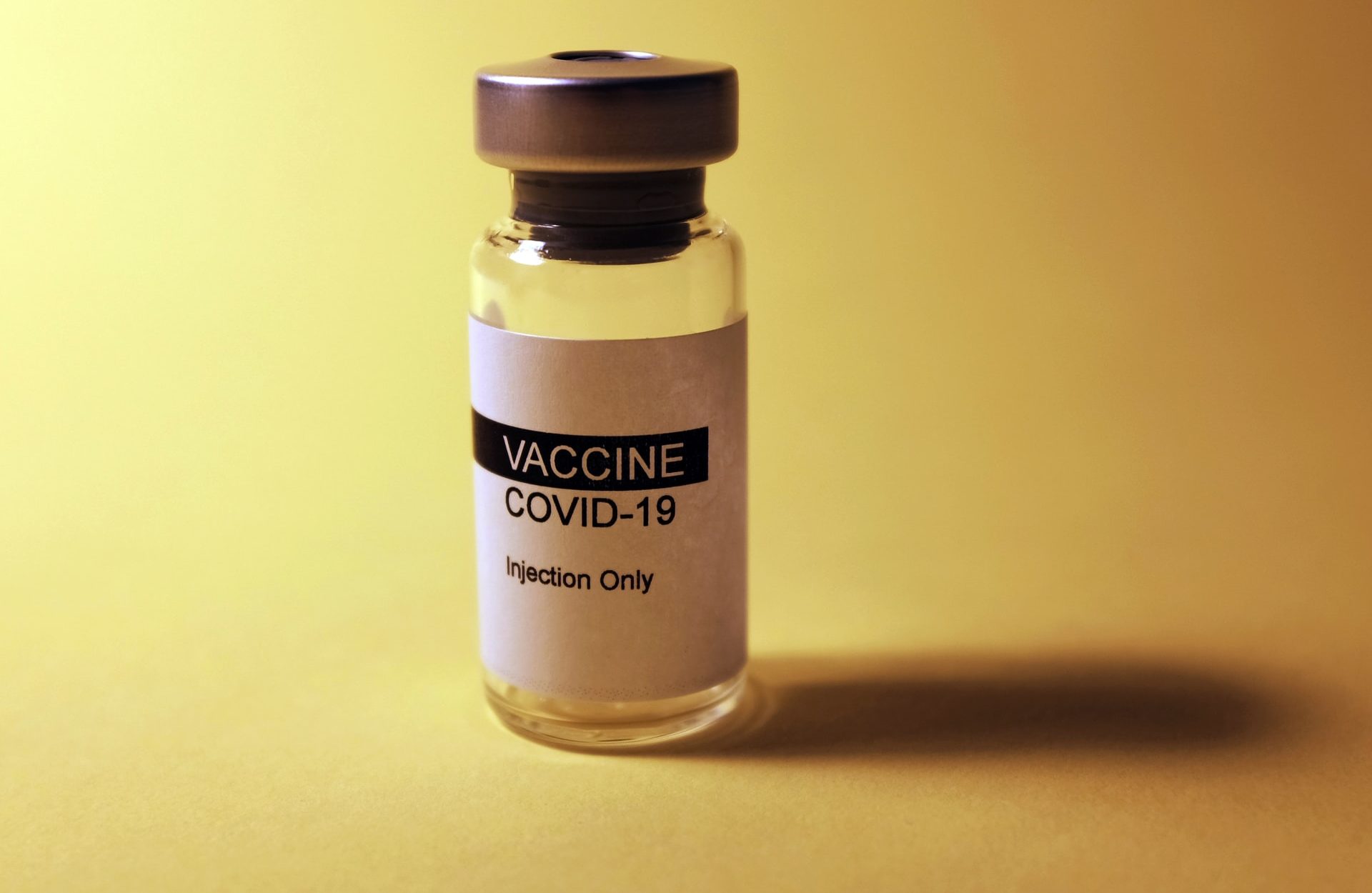In this first episode of A Shot In The Dark, a podcast series about Covid-19 vaccines, Belinda Rawson asks Dr Katrina Perehudoff, a health scientist and legal scholar, whether nation-states have an obligation to help others in a global health crisis.
A Shot In The Dark: A COVID-19 Vaccines Podcast · Episode 1 – Global Health Equity: How could we make vaccine access fairer?
ABOUT
Dr Katrina Perehudoff from the University of Amsterdam is a health scientist and legal scholar in access to medicines and pharmaceutical policy. In this introductory episode she speaks with host Belinda Rawson from the University of Warwick, about the forces that have driven inequitable Covid-19 vaccine distribution, and how increased multilateral co-operation can improve global vaccines policy in future. Dr Perehudoff, a co-director of the Law Centre for Health and Life, discusses the human rights obligations of states in relation to access to medicines, “vaccine nationalism” and the idea of a “two-track pandemic” where wealthy Western countries have been able to protect themselves, while poorer nations, particularly in the Global South, have been left exposed, and what impact pharmaceutical companies could have on global health security by not enforcing their intellectual property patents during a pandemic. The podcast also asks: Has COVAX, an unprecedented initiative for equitable vaccine distribution, and the World Health Organization’s Technology Access Pool, designed to share knowledge between manufacturers and nations, been successful? How have market forces affected a campaign to bring vaccines to low and middle-income countries? And what lessons can be learnt by global powers in improving vaccine manufacture and procurement in future?
Find the full story here, and listen on SoundCloud here.
Interviewer: Belinda Rawson
Producer and musician: Ulli Mattson
FURTHER READING
- An intersectional human rights approach to prioritising access to COVID-19 vaccines
- Impact of the European Union on access to medicines in low- and middle-income countries: A scoping review
- Decolonising human rights: how intellectual property laws result in unequal access to the COVID-19 vaccine
- Law Centre for Health and Life, University of Amsterdam
Main image by Hakan Nural.
